Looking for mental health tips for college students?
What are the best mental health practices and strategies for students?
Disclaimer: If you struggle with your mental health, please seek support from a qualified mental health professional.
I cannot recall coming into contact with a senior in high school who did not anticipate going to college. The parties, the freedom, and the idea of change are thrilling for most at that age.
The fact of the matter is that college is an exciting experience. Sometimes it is too exciting and can cause some to be overwhelmed. After the first month or so of college, things begin to settle down and you become familiar with the environment.
At this stage in life, you can easily struggle with the new set of responsibilities dropped on you and that new load can become mentally exhausting. If college students are not careful and strategic during their college days, their mental health can falter, they can fall behind in classes, or even lose funding to pay for school.
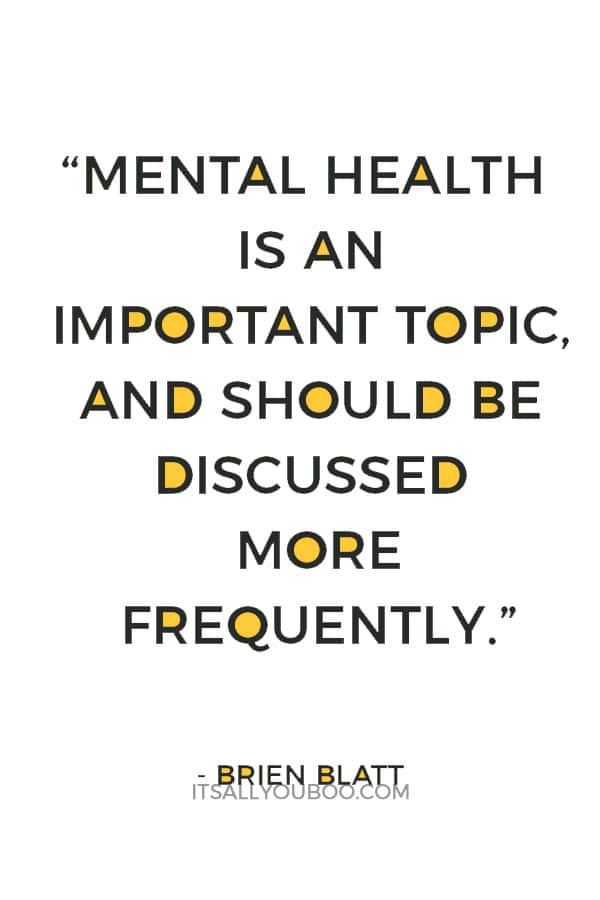
College Can Be Harmful to Your Mental Health
The reality for you as a young adult is that your livelihood becomes less of your parents’ responsibility and more of yours. It can be difficult keeping a job, keeping up with classwork, maintaining household duties, and paying for different forms of insurance with mental health issues.
I am someone that has struggled with depression well before I knew I was. I did not find out I struggled with it until I got to college and became overwhelmed by being there alone, trying to be in too many organizations at once, and taking too many classes.
The end result was low grades, being in no organization, and transferring to a different school for the second semester of my first year in college. My first quarter of college was traumatic, but it did not have to be.
If I had known how to manage my mental health, things would have turned out differently.
I educated myself about the facets of mental health and learned how to not get burned out. In the end, I was still able to enjoy my college experience. With a few mental health tips for college students, you can be too. Plus click here to get your FREE Mental Health Coping Tips eBook.
THIS POST MAY CONTAIN AFFILIATE LINKS.
IF YOU MAKE A PURCHASE FROM THESE LINKS, I MAY EARN A SMALL COMMISSION.
CLICK HERE FOR MY FULL DISCLAIMER STATEMENT.
Your Mental Health is Important in College
Mental health issues sometimes get a bad rap. Thankfully, taking care of yourself is starting to include following good mental health strategies such as acknowledging the problem to help you be healthy both physically and mentally.
It’s Okay to Have a Mental Illness
Mental health problems are medical problems just as physical diseases, like cancer, are. People are not judging or looking down on people with cancer. They are supported and uplifted. If left untreated, your mental health problem can be as deadly as cancer.
You should not feel ashamed for taking your mental health seriously because it is just as important as taking your physical health seriously. Your brain is a muscle in your body, and it deserves to be tended to like any other body part.
So it is okay to want to keep yourself healthy in all ways. And on the other hand, you should not be shaming others for taking care of themselves either, even if you don’t struggle with the same mental health issues.
Your Mental Health Affects More than You May Realize
Your emotional, psychological, and social well-being are all aspects associated with mental health. Each one of these factors dictates how you operate through your day-to-day lives. Your mental health determines how you act, feel, and think which has a direct impact on everyone around you.
Being unable to handle stress well because you have not dealt with your mental health properly, your entire social life can crumble down in no time. You need healthy and lasting connections because as Dan Roberts explains, “it’s in our DNA, as strong a need as food, water and warmth.”
If you do end up alone because you pushed others away, do not fret. Look at this time alone as a way to heal and take care of yourself. You can still be happy and enjoy your life while alone getting yourself together. Implement good mental health practices to get you back on track.
👉🏽 RELATED POST: How to Spend a Mental Health Day
How do you maintain physical and mental wellness as a student?
Here are a few mental health tips to use in an effort to combat an issue without seeking professional help.
Tip #1: Join Student Organizations
In most universities, there are usually hundreds of clubs and organizations to join or participate in. The types of organizations can range from scholastic clubs, pop-culture based, creative arts, political, and even religious or spiritual. You can even take it a step farther by creating a club on campus.
Joining a club is a good way to network, practice what you love to do, and meet new people with whom you have similarities. These organizations can also positively impact your mental health.
And offer an important way to combat the feeling of loneliness and isolation on campus. This is especially important if you’re not living on campus and enjoying the student housing experience.
Tip #2. Get Involved in the Recreational Center
Did you know that your mental health and physical health can be interlinked? Most, if not all, colleges have recreational centers or gyms that are covered through your tuition.
If you like working out and being physically active, working out can be helpful to keep good mental health. Heck, even if you do not like it, it is something you should still do for the sake of staying healthy mentally and physically – you don’t want to gain the freshman 15, after all.
👉🏽 RELATED POST: How to Stay Healthy At Your Desk
You should take many trips to the recreational center, if possible. They often offer more than one way to stay active. Most rec centers have options like swimming, rock climbing, fitness classes (bike cycling, kickboxing, cardio, and Zumba), and sometimes a game room.
Looking for quick routines to try? You can start doing yoga, check out Qigong meditation or even enjoy the benefits of practicing Tai Chi. Don’t forget, exercise is good for your mental health!
Tip #3. Participate in School Events
Even if you decide to not join an organization, you can still attend the events and activities that those clubs plan and orchestrate. Those varied organizations within the school host different types of events for different reasons.
From fundraisers, and semi-formals, to concerts and outings, there are so many ways to participate on and off-campus.
It is a good way to expose yourself to new experiences and new people. Remember that being around other people helps keep your mental health in check. And as a bonus, by putting yourself out there in college, you might make a new friend too!
Tip #4. Spend Your Time in Difference Places
Dorm rooms or student apartments are usually small and do not let in much light. The lack of windows causes these living spaces to be dim and depressing. You can decorate it to brighten up the environment, but you can also just get out of more.
Instead of studying on your bed, at your desk, or on the floor in your dorm, try sitting somewhere else on campus. Go to an atrium, library, gallery, student center, or even just a bench outside.
👉🏽 RELATED POST: How to Be Happy At College
Of course, choose somewhere safe and acceptable to study, eat, and socialize but choose somewhere other than your room! Most universities have invested in elaborate architecture to attract students to their campus, so there are plenty of places to go outside of your dorm or apartment.
There’s more to campus life than your dorm or classroom, get out and stretch your legs every now and then.
Tip #5. Maintain a Healthy Routine and Schedule
Everyone knows that in college you’re usually up super late at night and sleeping in every morning. It’s so easy to fall into this unhealthy sleeping routine on campus, but also unhealthy eating of cafeteria food and takeout. Too much of it isn’t good for you.
In college (as anywhere else in life), you need rest, you need healthy food, and a schoolwork-life balance that helps you succeed. Without these optimal conditions, your mental health can be jeopardized. Simply put, too much of one thing isn’t good, and creating a schedule or daily routine can help you.
That means you have a nighttime routine for sleeping and morning routine habits for success. Try to wake up and go to sleep at the same reasonable time, and incorporate habits that don’t include checking your phone or devices.
- What can you do to make today the best day ever?
- What habits can you form to get the best night’s rest?
- Do you have any bad habits you need to break?
And any time you feel like you’re getting overwhelmed, feeling too much stress or anxiety, you need to indulge in self-care and take a mental health day. In college, you have to be able to unplug and recharge. That’s one of the most important mental health tips of all.
What are the most common mental illnesses among college students?
Anxiety and depression are mental illnesses that are fairly common for people attending college. The novel pressures of the academic workloads, as well as the emotional stimulus from the social scenes, can overload a college student’s mindset.
There are certain indicators that can reveal mental health issues. Mental health in college students is often a last priority since there is so much else going on, but make sure you keep an eye out for these signs.
3 Common Signs of Mental Illnesses
Sign #1. Personality and Mood Changes
When you discover you are feeling sad or irritable all the time, it is something you should investigate. The cause may just be a rough week or month, but having low or even too high of moods can be an indicator that something is wrong.
Experiencing intense emotions like fear and anxiety is concerning as well. To this day, I still have anxiety attacks. If I let myself think about something for too long, I have painful chest palpitations and it is as if the world is caving in.
I learned to manage it, but I had to first acknowledge that a greater issue was happening.
Sign #2. Avoidance of Hanging Out with Others
I am an introvert. I prefer to be alone, in my bed, watching a good movie or television series. But there are times where I want to be with people close to me. When I find myself spending close to all of my time alone, I know that I have fallen off the wagon, and my mental health is slipping again.
Sign #3. Changes In Your Behavior
Symptoms are not one for all when it comes to diagnosing a mental health illness. There are different variations for different people. Eating too much or too little can both be signs of a mental illness.
The same goes for your sleeping habits.
Laying in bed all day or feeling overly exhausted is just as concerning as not sleeping at all or having a difficult time drifting off to sleep. When there has been a dramatic change in your sleeping or eating routine, you should mention this to your healthcare provider.
Overuse of drugs and alcohol is not good for your physical health nor your mental health. It is oftentimes a tell-tale sign that you are dealing with an underlying mental health illness.
Getting Help for Mental Health Issues in College
Sometimes you need to seek professional help for mental health issues. Luckily, since mental health is becoming more important these days, there are numerous mental health resources for college students to use.
👉🏽 RELATED POST: Healthy Habits For Students To Be Successful
Mental Health Care Providers are Readily Available
There are many types of mental health professionals that you can reach out to. If you are able to pinpoint some of your symptoms, you can try to talk with a type of mental health profession that deals with those symptoms specifically, like an addiction counselor.
If you cannot pinpoint all of your symptoms but you just know something is not right, don’t worry. A general psychologist or counselor can help you identify both symptoms and triggers.
You can usually access a general counselor at your university or through a private practice. Sometimes these services are covered at your university through your tuition.
Group Therapy Sessions
For some people, talking with a stranger alone about your problems is not comfortable. If that type of situation does not fit you, you can attend group sessions with other people in similar situations.
These sessions are usually held in universities, churches, private practices, or community centers. The session consists of people in the group sharing and giving advice on how to deal with their issues.
In most cases, sharing is not a requirement, and you can attend to just listen. These sessions tend to be led by a professional or a person that has overcome their mental health issues.
Your Mental Health Issues in College are Treatable
At the end of the day, your health, physical and mental, is your responsibility. Taking the first step is the hardest, but it is worth it. Once you do it, you will see there are more people who will support you than there are who will put you down.
FREE Mental Health Tips eBook
Looking for more emotional wellbeing and mental health tips? Get your FREE 50-Page eBook with tips from mental health experts, including doctors and psychologists.
Please be sure to seek professional help if you need it.
After you take that first step and reach out for help, you can use the tips above to begin building habits to live a healthy and fulfilling life in college.
Almost all universities provide you with easy access to mental health care so take advantage of it!
What’s your mental health tip for college students?

More About Guest Contributor
Imani Francies writes and researches for the life insurance comparison site, EffortlessInsurance.com. She earned a Bachelor of Arts in Film and Media and specializes in various forms of media marketing.
Last Updated on February 20, 2025
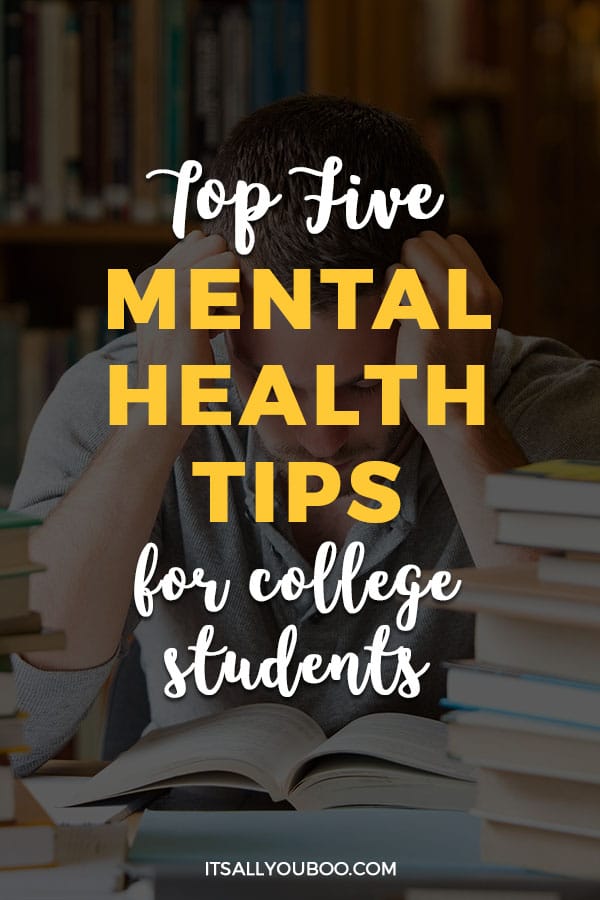
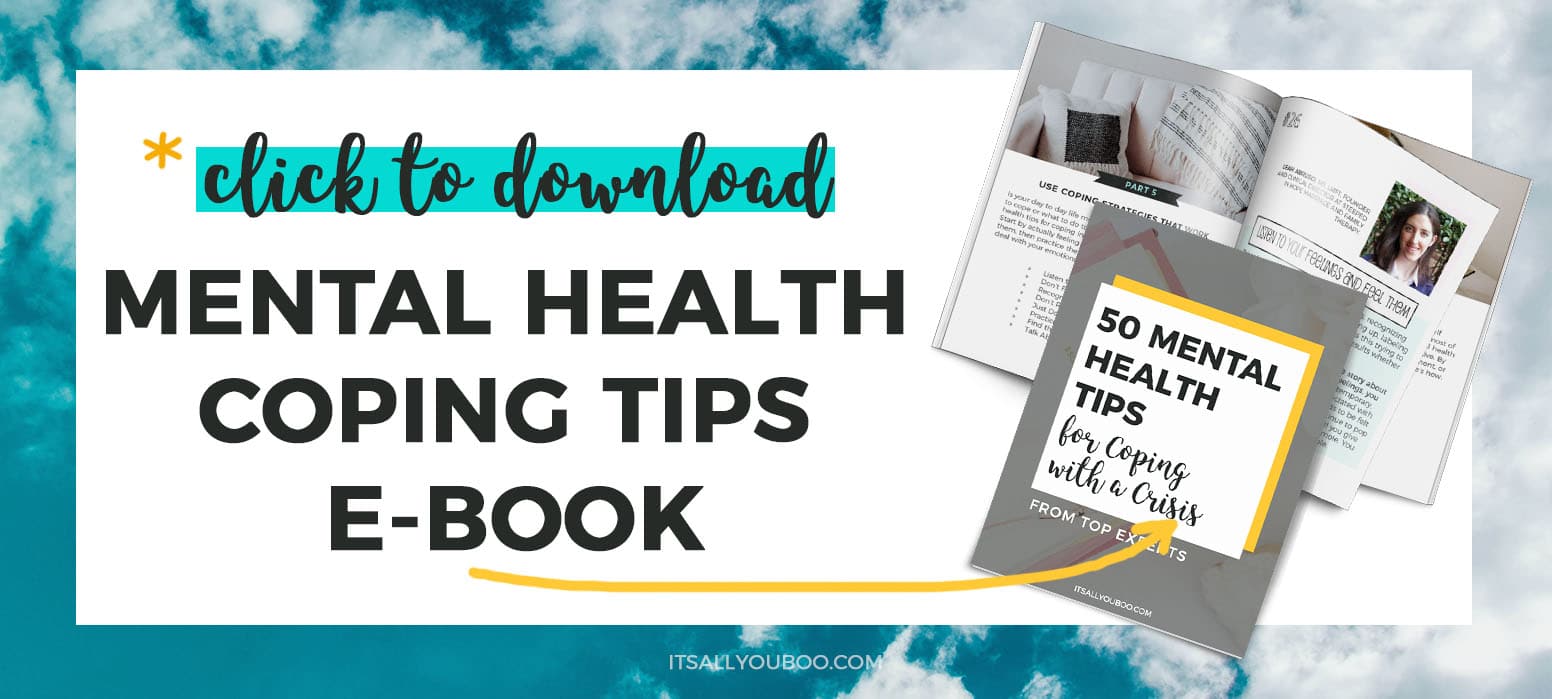




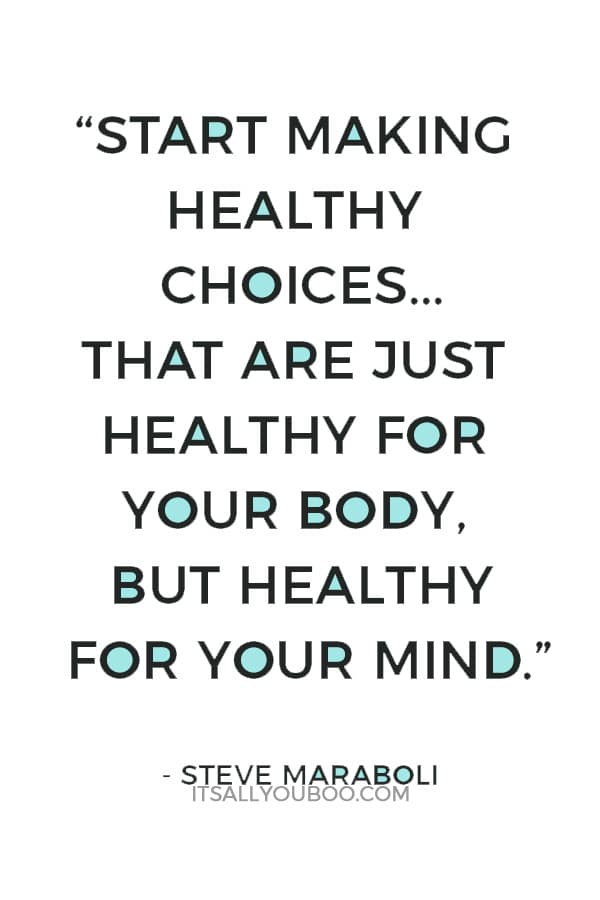




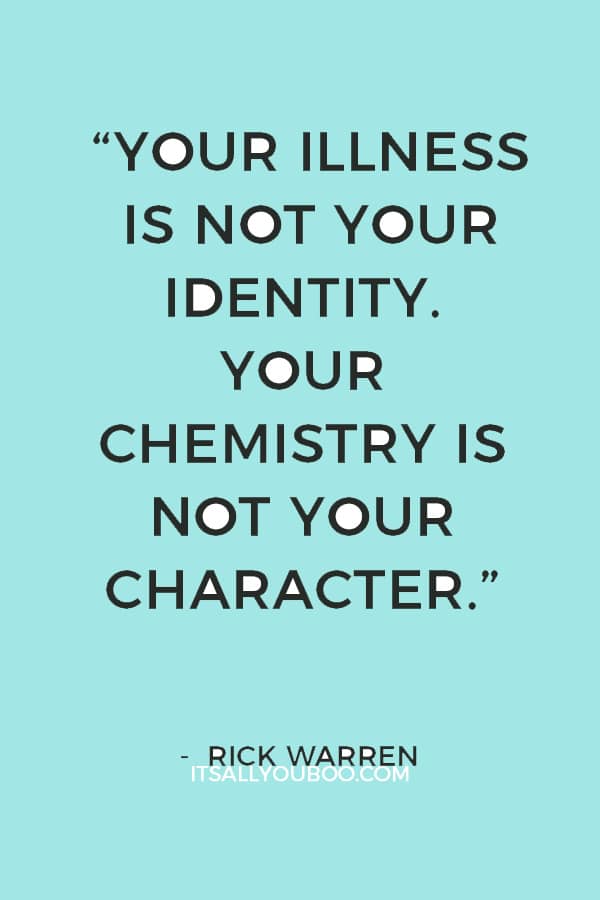
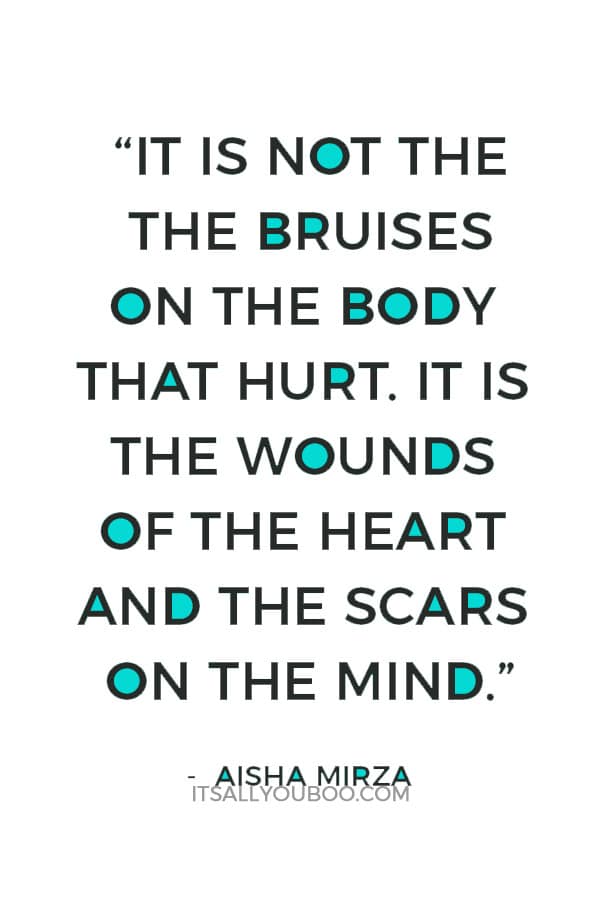
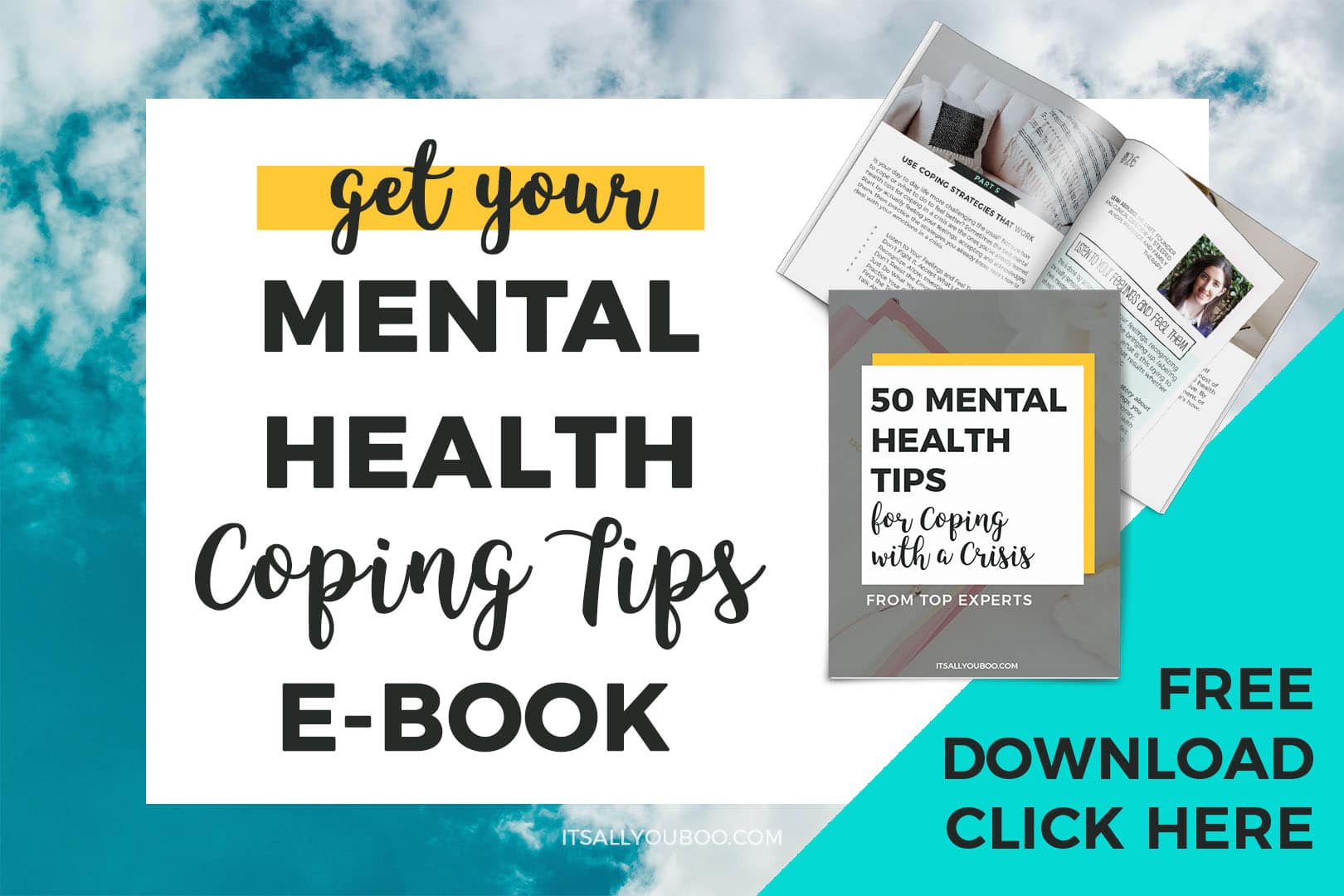


Susanna Hansen says
This is a super important topic and having had a child in college with mental health challenges I can say these tips and resources are spot on! Thanks for sharing!
Nadalie Bardo says
Hey Susanna,
As a former college student myself, I know it’s such a relatable struggle. All of us have mental health concerns at one time or another (whether or not we recognize them).
Marina Lotaif | Yes To Tech says
This is so great! I wish I had these mental health tips back when I was in college! Thanks for sharing 🙂
Nadalie Bardo says
Hey Marina,
Me too! Mental health wasn’t such a big topic when I was a freshman.
Hannah says
When I was in college I totally messed up my sleeping schedule and that really affects my mood. Thanks for all the tips!
Nadalie Bardo says
Hey Hannah,
I hear you on that one. Sleep? In college? What’s that? It’s so important though.
Marta Rivera Diaz says
My heart really goes out to college students- especially grads. It must be so hard.
Nadalie Bardo says
Hey Marta,
Oh my goodness, me too! It’s such a challenging time to graduate. I remember graduating during the last economic downturn and it was not great. Wishing them all the best!
Mimi says
I have depression and I know that keeping a schedule really helps me to not feel overwhelmed
Nadalie Bardo says
Hey Mimi,
Thanks so much for sharing! I sometimes feel like is there anything a good schedule can’t accomplish?
Sharon says
College can be such a difficult time because it’s such a transition for young adults. I will share this with graduates I know.
Nadalie Bardo says
Hey Sharon,
It really is. So much change in such a short amount of time. And then you’re a graduate and supposed to be a full-on adult. So much sometimes to deal with.
Kelsey says
I wish I had known about the importance of mental health in college. It would have made a huge difference.
Nadalie Bardo says
Hey Kelsey,
I 100% agree with you, I hope college students these days have access to better resources. There’s so much more openness about it nowadays.
Maria says
Great tips! I wish I would haven known a couple of these when I was in college.
Nadalie Bardo says
Hey Maria,
Sending it back in time for you! I wish I did too.
Hannah says
Really wish I had known about all these tips. College years are super tough for me cause I totally ignore my mental side! Thanks for all the tips, will share with my girlfriends :’)
Nadalie Bardo says
Hey Hannah,
That’s such a relatable experience. We focus so hard on learning and a social life that everything else gets forgotten, until we graduate and realize we need to deal with it.
Hannah says
I love all the tips, I wish I had known all these during my college time. That time was a completely mess for me and I feel like I couldn’t control my mind at all. My goal this year is focusing on the mental health and bettering myself :’) !
Nadalie Bardo says
It’s the PERFECT year for focusing on mental health. 2020 will be the year that tests us all, and we can come out stronger. Happy focusing on you and happy mental health awareness month!
Porshaa | Lifetimeinflux says
These are some very good Mental health tips, I wish I knew some of these while I was going degree as it would have been very helpful.
Nadalie Bardo says
Hey Porshaa,
You and me both! Sometimes I think “if I knew then what I know now.” Perhaps I’ll go back one day to get that PhD. Happy Mental Health Awareness Month!
Ashley J Newton says
#2 is definitely me! I have the hardest time being around people.
Nadalie Bardo says
Hey Ashley,
Find your tribe, the people who you can be yourself around. It helps, we all need somebody who gets us, who sees us for who we are.